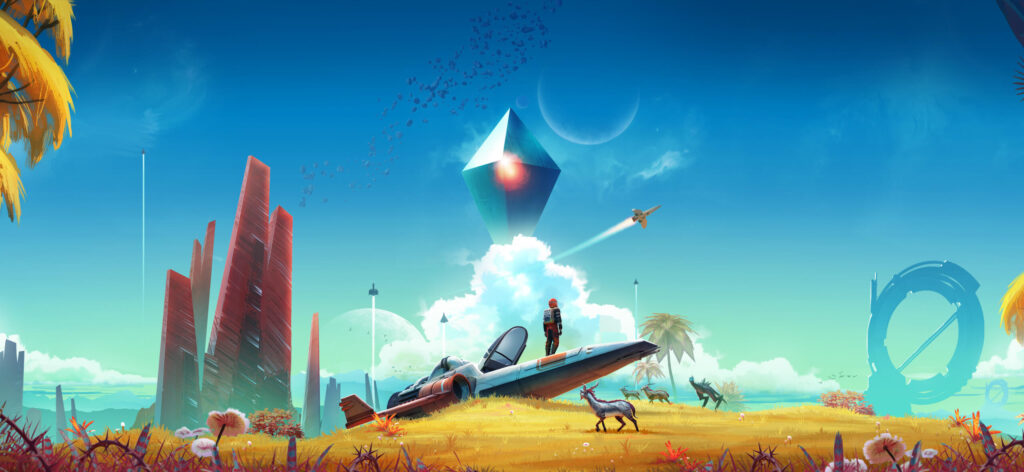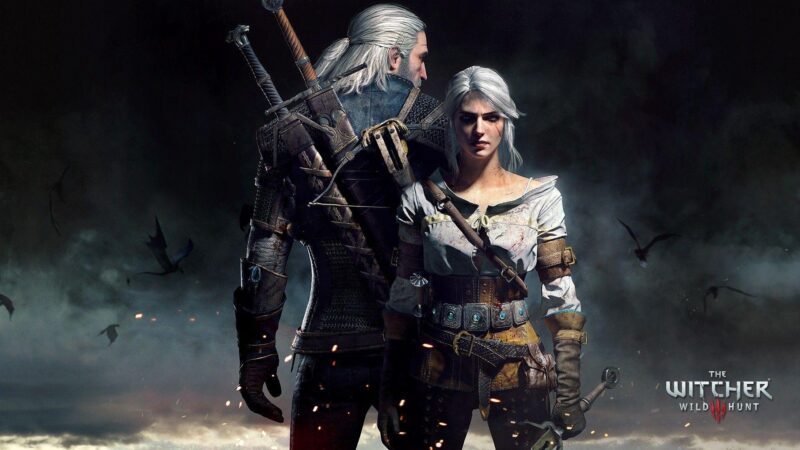The Role of Artificial Intelligence in the Gaming Industry
Gaming industry has always been on the cutting edge of technology, and artificial intelligence (AI) is no exception. In recent years, AI has begun to play a significant role in the gaming industry, and it shows no signs of slowing down.
One of the primary ways that AI is used in gaming is through the creation of intelligent NPCs (non-playable characters). These characters can be programmed to behave in a realistic and believable way, adding an extra layer of immersion and challenge to the game. For example, in a first-person shooter, the AI-controlled enemies might take cover, flank the player, or use tactics that would be expected of a human opponent.

Another way that AI is used in gaming is through the development of procedural content generation. This refers to the use of algorithms to generate game assets, such as levels, enemies, or objects, on the fly. This can allow for an almost limitless amount of content, as the AI can generate new and unique elements every time the player starts a new game or enters a new area.
In addition to these uses, AI is also being employed in the development of virtual assistants and chatbots. These AI-powered helpers can assist players with in-game tasks, provide tips and hints, or simply serve as a friendly presence in the game.
Here are a few examples of how artificial intelligence (AI) is being used in the gaming industry:

- NPC Behavior: In the game “Red Dead Redemption 2” the AI-controlled NPCs behave in a realistic and believable way. They go about their daily routines, react to the player’s actions, and even have conversations with each other.
- Procedural Content Generation: In the game “No Man’s Sky” the AI generates an almost infinite number of planets, each with its own unique flora, fauna, and terrain. This allows for a truly unique and expansive gameplay experience.
- Virtual Assistants: In the game “Overwatch” players can use the in-game chat feature to ask the AI-powered virtual assistant, “D.Va,” for help with tasks, such as finding teammates
 or changing their loadout.
or changing their loadout. - Chatbots: In the game “Destiny 2” players can use the in-game chat feature to ask the AI-powered chatbot, “Ghost,” for help with tasks, such as finding other players to join their fireteam or providing tips and hints for completing certain objectives.
- Personalized Gameplay: In the game “For Honor” the AI adjusts the difficulty of the game based on the player’s skill level. This allows for a more personalized gameplay experience, as the AI can make the game easier or harder based on how well the player is doing.
- Game Balance: In the game “Dota 2” the AI is used to balance the game by analyzing data on player behavior and adjusting the stats and abilities of different characters accordingly. This helps to ensure that the game remains fair and balanced for all players.
- Dynamic Difficulty Adjustment: In the game “Mario Party 10″ the AI adjusts the difficulty of the game based on the player’s performance, making it easier or harder as needed. This helps to keep the game challenging and engaging for players of all skill levels.
- Game Optimization: In the game “Call of Duty: Modern Warfare” the AI is used to optimize the game’s performance by analyzing data on player behavior and adjusting the game’s settings accordingly. This helps to ensure that the game runs smoothly and efficiently for all players.
- Enhanced Enemy AI: In the game “Rainbow Six Siege” the AI-controlled enemies use realistic tactics and behaviors, such as taking cover, using distractions, and coordinating with their teammates to outmaneuver the player.

- Dynamic NPC Dialog: In the game “The Witcher 3: Wild Hunt” the AI-controlled NPCs have dynamic and branching dialog, meaning that their conversations and responses will change based on the player’s actions and choices.
- Adaptive Difficulty: In the game “For Honor” the AI adjusts the difficulty of the enemies based on the player’s skill level. This allows for a more personalized and challenging gameplay experience.
- AI-Powered Game Recommendations: Many gaming platforms, such as Steam or the Xbox Game Store, use AI algorithms to recommend games to players based on their past purchases and playtime. This can help players discover new games that they might enjoy.
Overall, the role of AI in the gaming industry is growing rapidly, and it has the potential to revolutionize the way we play and interact with games. From intelligent NPCs to procedural content generation to virtual assistants, AI is bringing a new level of depth and complexity to the gaming experience. So, it is expected that in the near future, AI will play a much larger role in the gaming industry and will continue to shape the way we play and experience games.